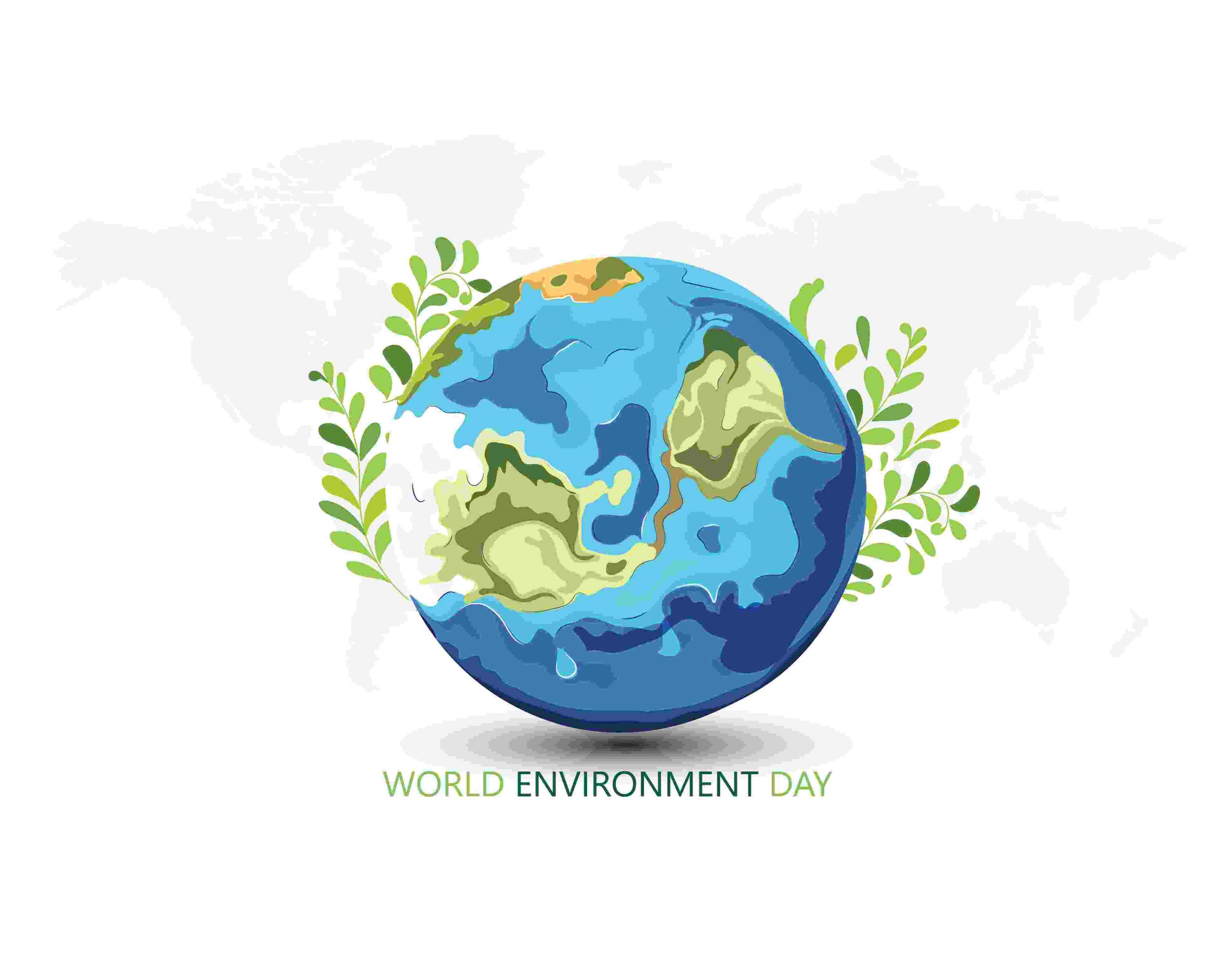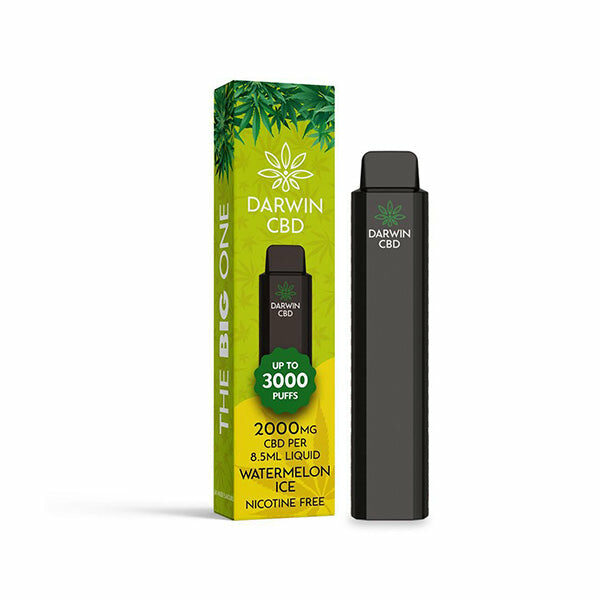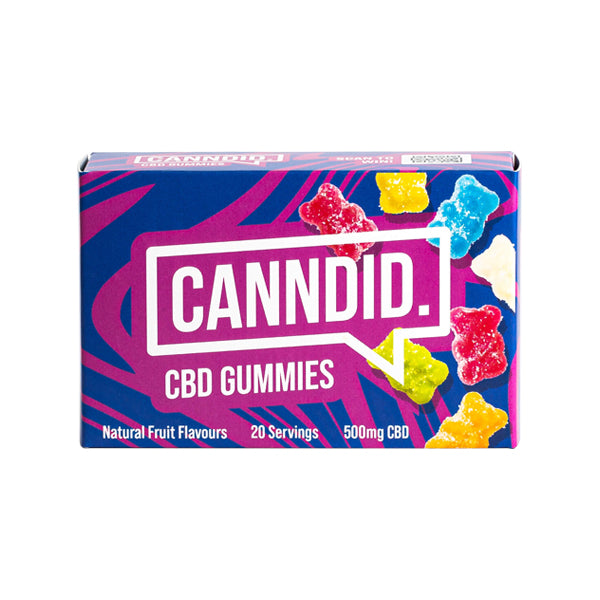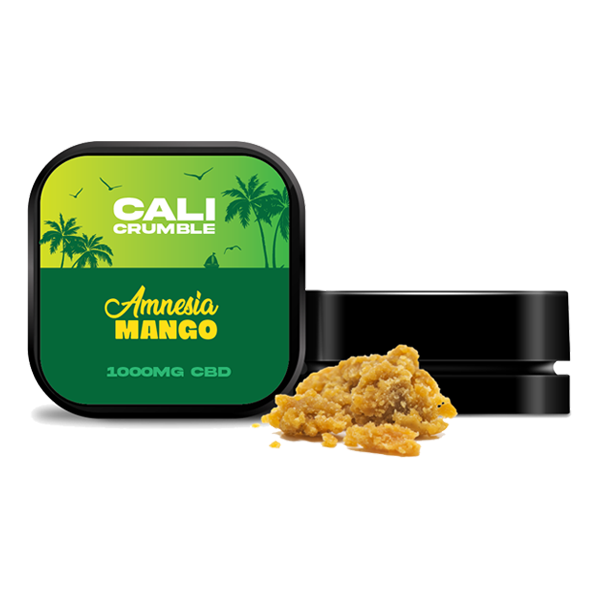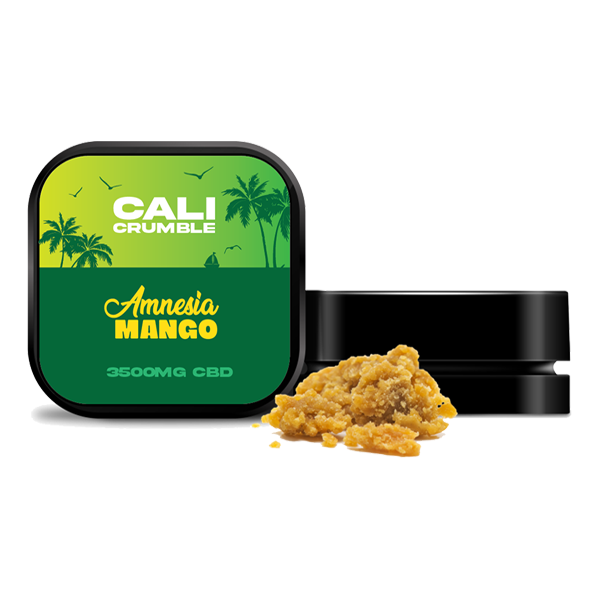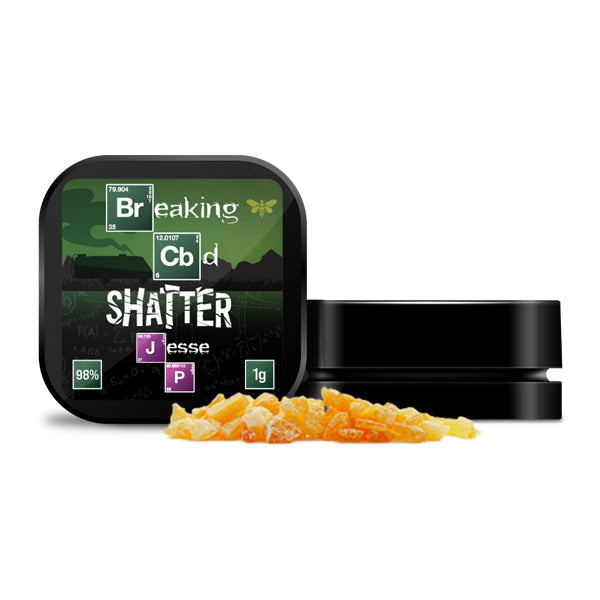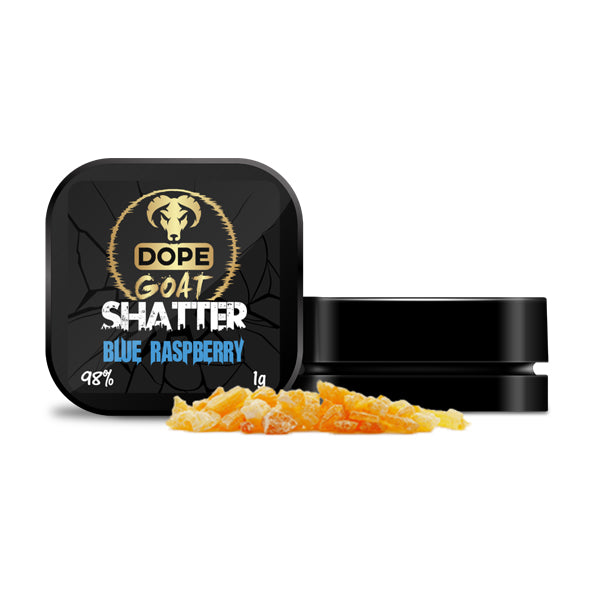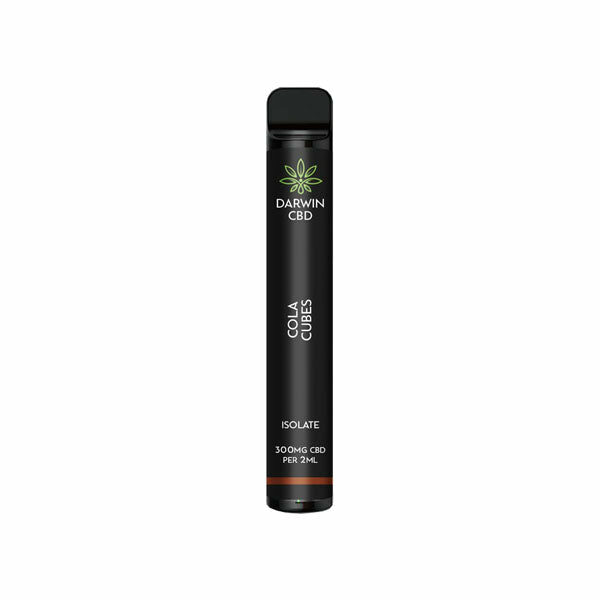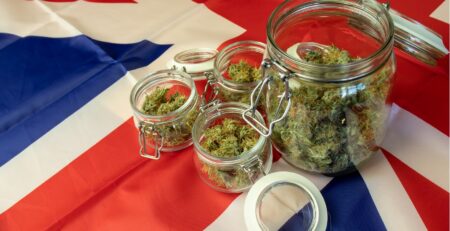World Environment Day | What You Need to Know
Every year on the 5th of June, the UN coordinates World Environment Day. The host country this year is India, and the theme is Beat Plastic Pollution. The plastic pollution problem has been gaining coverage in the media since its effects on ocean-dwelling creatures have been graphically documented in a number of documentaries last year.
-
CBD Products, CBD Vape, CBD Vape, Disposable Vape Pens, Vaping Products
Darwin The Big One 2000mg CBD Disposable Vape Device 3000 Puffs
£19.00
Used correctly, hemp can be a potential antidote to the plastic crisis.
Plastic: The Problem
Why Plastic?
When it was first mass-produced in the mid-20th century, plastic was seen as a miracle material with the potential to improve people’s lives. It has led to great advances in health, wellbeing, and quality of life for millions.
Food can be kept fresh more easily, for longer. Complex medical implements and containers are more affordable. A positive aspect of plastic that we often don’t think of is that those who cannot afford a feather mattress no longer have to sleep on straw!
So Why Not?
But as plastic became more and more affordable, it was used for everything from disposable bottles to single-use plastic bags, straws, and novelty desk animals. While none of these is intrinsically bad in themselves, the sheer volume of single-use plastics is swamping the natural environment across the world. Anyone who has walked on a beach recently will probably have seen piles of plastic detritus along the shoreline. The individual items may have originated thousands of miles apart and been distributed across the oceans by wind and currents.
Numerous horror stories have made it into the spotlight this year. Only weeks ago, a whale was washed up in Thailand, having swallowed over 60 plastic bags and choked to death. As bags often have the appearance of jellyfish, whales often mistake them for food. Elephants in India, seabirds, jellyfish, turtles, dolphins and hundreds of other animal species have experienced enormous losses due to plastic pollution.
Microplastics The Hidden Killer
Microplastics are created when plastic breaks down in the environment, making microscopic particles. An issue with these is that they absorb pesticides and other pollutants from the soil and water and concentrate them. The contaminants are then easily taken up into the food chain, causing mass poisoning at all levels.
Hemp: A Solution?
As well as the pollution caused by finished products, plastic causes problems in production. Huge amounts of fossil fuels are required to make plastic, while the byproducts are dangerous pollutants.
Hemp is one of the plant materials that can be used to create ‘bioplastics’. These are less taxing on the environment, and some of them can be made to biodegrade back into organic materials.
Hemp plastic is already used in certain car brands and models. Hemp plastic shopping bags and packaging are beginning to enter circulation. Raw hemp replacements for many plastic products are being used: tote bags, clothing, insulation blocks, and fiberboard are just a few of the massive range of applications for hemp.
As innovation and research continue, we will hopefully see a reduction in the use of plastics and replace them with hemp wherever we can.

